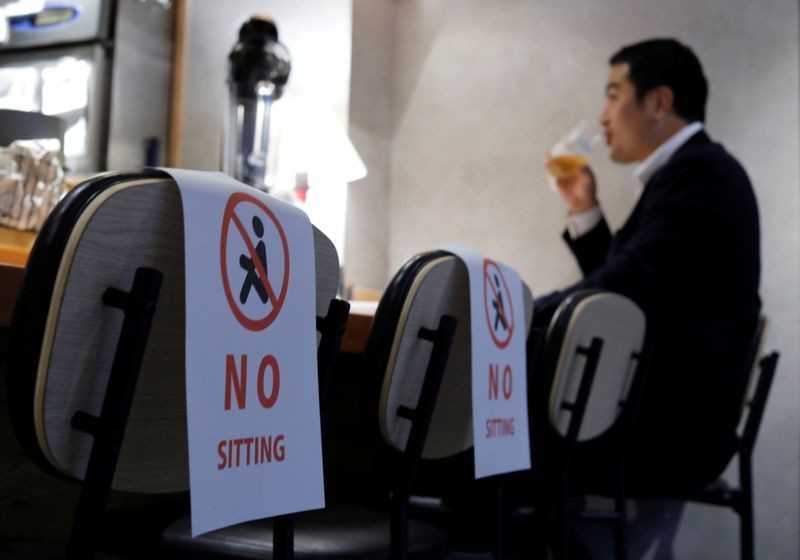1-month state of emergency extension may trim consumption by ¥3.6 tril
05 February, 2021

The one-month extension of the government's most recent state of emergency declaration over the coronavirus pandemic covering Tokyo and other areas of Japan could decrease the country's consumption by 3.6 trillion yen, according to an economist.
Primary Minister Yoshihide Suga extended the country's second emergency declaration to March 7 on Tuesday, leading Toshihiro Nagahama, chief economist at the Dai-ichi Life Exploration Institute, to make the estimate.
Amid a resurgence of virus infection cases in the united states, the emergency expansion "has ensured harmful growth of japan economy" in the January-March period from the previous quarter, Nagahama said.
The emergency was expanded to 11 out of Japan's 47 prefectures on Jan 13, six times after it was declared for the Tokyo metropolitan area. Only Tochigi, located to the capital's north, will be removed as scheduled on Sunday, carrying out a significant improvement in its virus contamination situation.
The next virus emergency targets requests for people to remain at home, restaurants and bars to shorten their operating hours, and businesses to urge as many employees as possible to home based.
Nagahama said that the decrease of "nonessential nor urgent" private consumption was predicted to total 1.8 trillion yen if the emergency ended on next Sunday, but is currently likely to swell to 3.6 trillion yen.
Furthermore, he forecasts 159,000 persons will eventually lose their jobs in half a year, a rise of 78,000 due to the extension, if zero measures are taken. Which means the unemployment charge, standing at 2.9 percent in December, will increase 0.3 percentage point.
Meanwhile, Nagahama said that the financial fallout from the latest measures is "not as big simply because" that from the government's first condition of emergency, declared nationwide from April to May.
The first emergency was more comprehensive, entailing requests for people to refrain from venturing out and nonessential businesses to suspend operations. It pressured the world's third-largest overall economy to deal an annualized real 29.2 percent in the April-June period from the prior quarter, its worst recession on record.
"Exports are as well relatively brisk in comparison with the situation in the primary emergency, so I believe Japan's market won't see a double-digit shrinkage (on an annualized basis) this time around," Nagahama added.
Source: japantoday.com
TAG(s):
